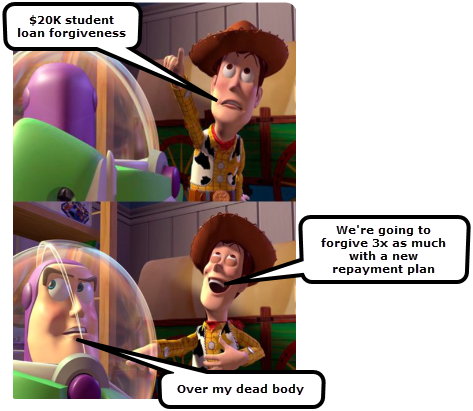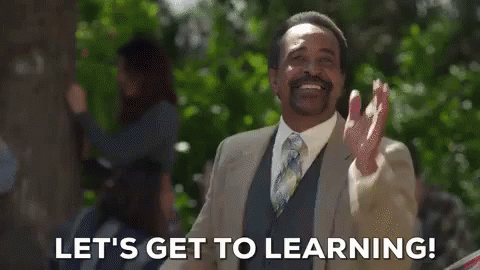BuzzH
Well-known member
I think these are a step in the right direction:

 thehill.com
thehill.com

 www.foxbusiness.com
www.foxbusiness.com
I think many businesses are rethinking at least some of their degree requirements and its about time!
Lots of very capable and smart people that never went to college that are better qualified for positions than someone with no experience and a degree...I see it all the time.
Case in point, my Grandmother, who had a high school diploma, Managed a clothing store in Missoula Montana that made more money than the parent store in Seattle, Washington (ran by a college grad). She was a smart cookie. Not only managed the store, but also did all the accounting, payroll, ordering, hiring, etc. etc. etc.

Alaska governor drops college degree requirement for most state jobs to fight worker shortage
Story at a glance Alaska Gov. Mike Dunleavy (R) is scrapping the state’s four-year college degree requirement for most state jobs. Dunleavy issued the order to address Alaska’s ongoing workf…

Pennsylvania governor removes college degree requirement for most state jobs on first full day in office
Pennsylvania Gov. Josh Shapiro signed an executive order on his first full day in office to remove college degree requirements for 92% of state jobs.
I think many businesses are rethinking at least some of their degree requirements and its about time!
Lots of very capable and smart people that never went to college that are better qualified for positions than someone with no experience and a degree...I see it all the time.
Case in point, my Grandmother, who had a high school diploma, Managed a clothing store in Missoula Montana that made more money than the parent store in Seattle, Washington (ran by a college grad). She was a smart cookie. Not only managed the store, but also did all the accounting, payroll, ordering, hiring, etc. etc. etc.
Last edited:







